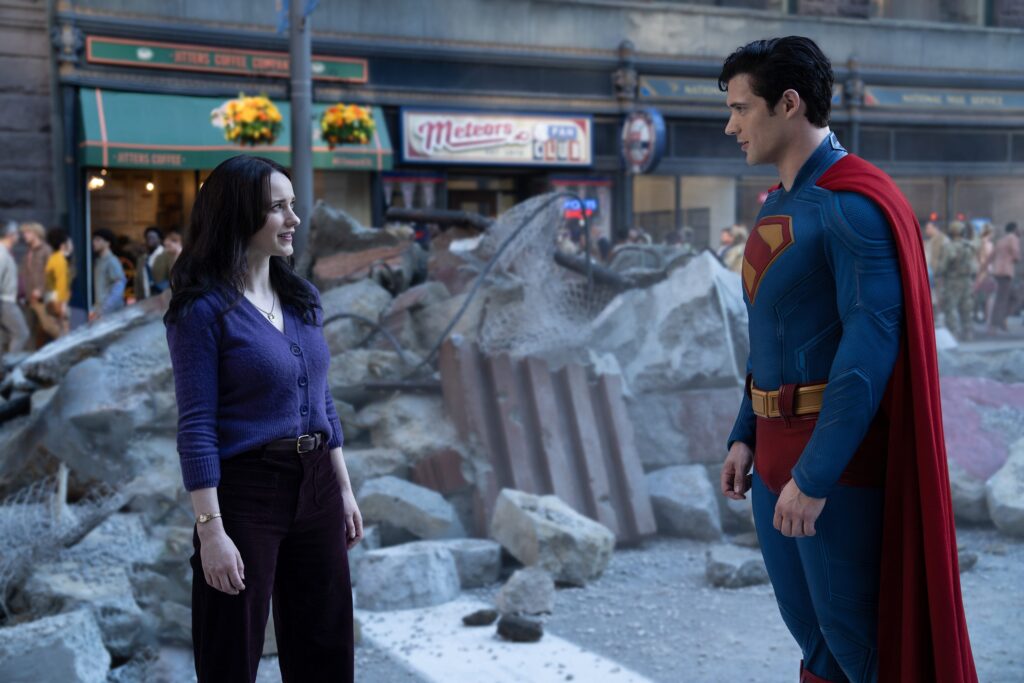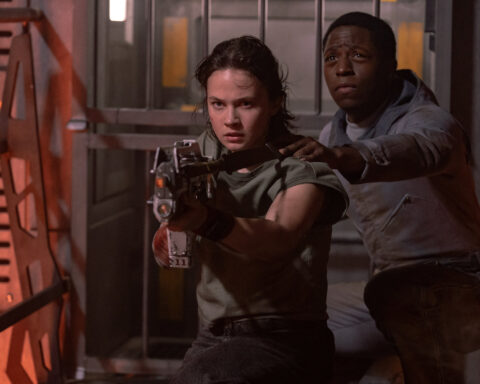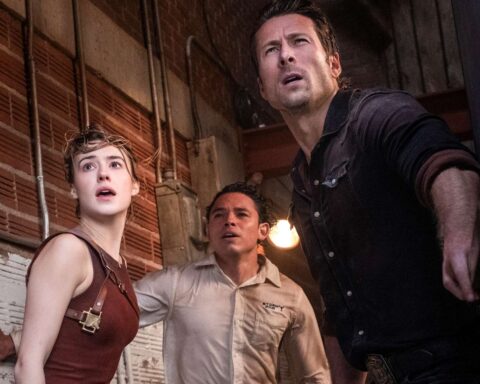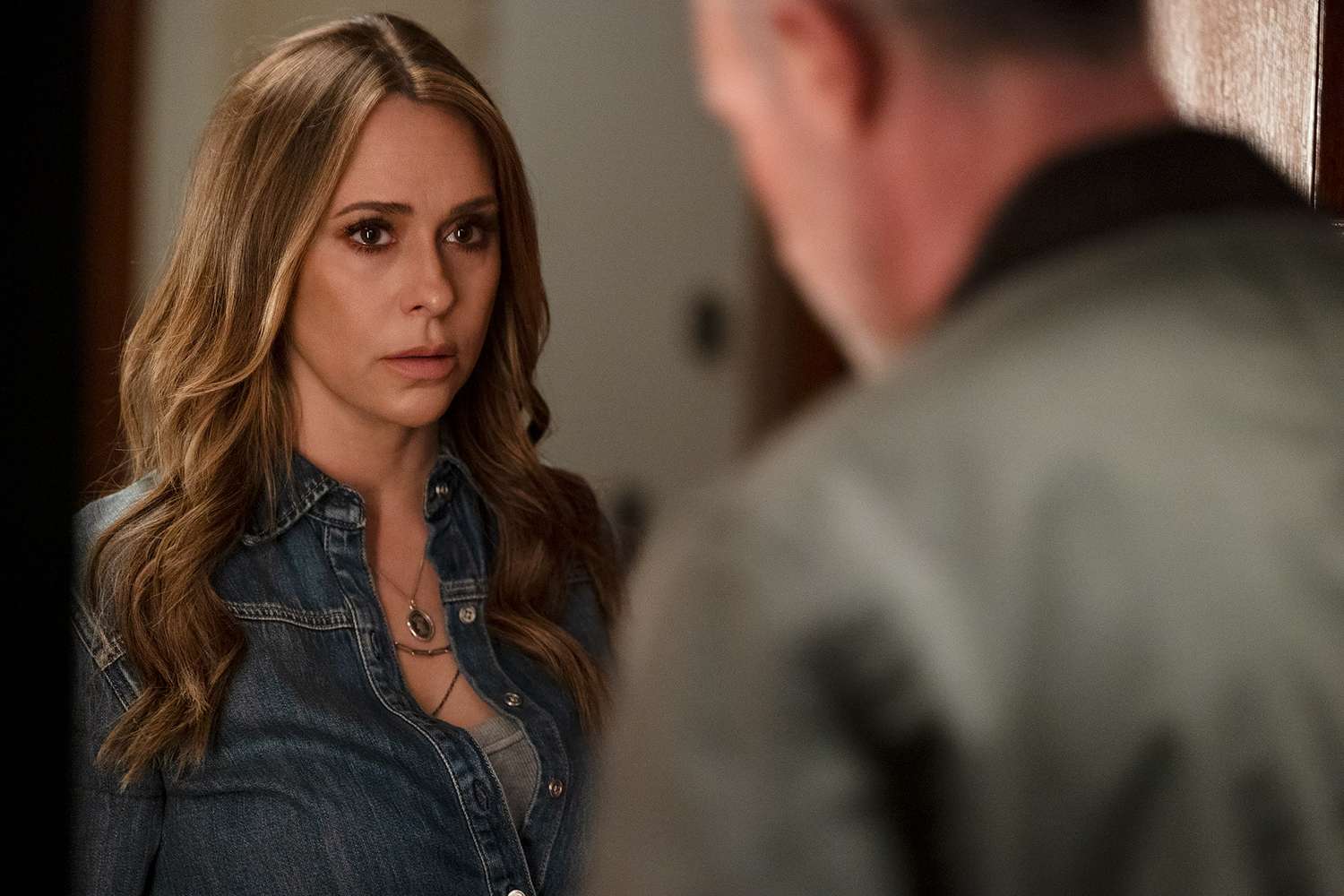I’ve never been a big fan of Superman as a character, nor do I hold any nostalgic attachment to his early cinematic – adaptations simply because I didn’t grew up with them. Zack Snyder’s darker approach in Man of Steel (2013) surprisingly worked for me, even if its somber tone sometimes clashes with certain narrative themes. Nevertheless, it was James Gunn’s name – and his new role as architect of the revamped DC cinematic universe (officially named DCU) – that truly raised my expectations for this new era. After the success of the animated series Creature Commandos (2024), which served as the first entry in the new saga, Gunn’s responsibility in writing and directing Superman only strengthened the hope that DC might finally find the consistency its predecessor (DCEU) lacked.
The filmmaker, known for revitalizing franchises with his irreverent yet emotional style – best exemplified in the Guardians of the Galaxy trilogy (2014–2023) of the MCU – shows a clear desire here to craft something soulful, optimistic, and deeply rooted in human values. With Superman, Gunn offers a modern, empathetic, and self-aware portrayal of the superhero, bringing him into a more realistic world without turning cynical. And despite the usual pre-release boycotts from online hate groups – now common noise around any major release – I entered the theater not knowing exactly what to expect, but with my heart open to whatever would unfold.
Superman follows the journey of Clark Kent (David Corenswet), already settled into his job at the Daily Planet and known to the public as a superhero for several years, still trying to find balance between his alien heritage and his mission on Earth. The narrative seeks to explore the protagonist’s internal duality as a being who doesn’t belong to the planet, yet believes in humanity more than humans themselves. Alongside Corenswet, we find Rachel Brosnahan (The Marvelous Mrs. Maisel) as a charismatic and determined Lois Lane, and Nicholas Hoult (Nosferatu) as a corrosive and contemptuous Lex Luthor – in the best way possible.
The first major triumph of the film lies, without question, in its main cast. Corenswet embodies a vulnerable Superman, emotionally open, flawed in a human way, and existentially doubtful – but always guided by an unwavering moral compass. This version of the hero isn’t the untouchable god of the past; he’s an alien trying to understand his place in a world that at times worships him and at others fears him. The alien/immigrant analogy is the thematic thread that runs throughout the story – at times a bit too on-the-nose, with moments where the movie seems to pause just to underline its message. Still, the emotional impact remains genuine. Gunn rightfully asserts that what defines someone isn’t their origin but their choices and actions. And Clark’s are always aimed toward the good, even if it means going against systems that try to hold him back.

Brosnahan is equally remarkable. Her Lois Lane is brilliant, courageous, and incredibly confident, with a tender side that blossoms in her interactions with Clark. The chemistry between the two is – palpable essential in a story that demands genuine emotional investment from viewers. Their romance is built with time, humor, and an enviable natural flow.
Hoult delivers a delightfully hateful Lex Luthor. His pathological envy and blind hatred for a “foreigner” who represents hope and progress come through in venomous speeches and a constant aura of superiority. The actor captures a man whose personal insecurity transforms into an authoritarian desire for control. Gunn uses this character to satirize online “haters” with a sharp comparison to monkeys flinging mental excrement on the internet. A biting, necessary, and important critique.
One of the film’s most powerful themes is the clash between hope and fear. Superman is portrayed as a symbol of pure altruism, and his greatest challenge isn’t superpowered villains, but the mistrust of an increasingly cynical and individualistic world. Through Clark’s perspective, Gunn asks whether there’s still room for symbols of hope amidst all the noise, disinformation, and social division. It’s a bold commentary on the state of the world – on and off-screen – and a call for empathy, compassion, and responsible action.
That said, the movie’s biggest issue lies in its overabundance of secondary characters. Guy Gardner (Nathan Fillion), a lighthearted and somewhat inconsequential Green Lantern; Hawkgirl (Isabela Merced), with her mechanical wings and bravery; and Mr. Terrific (Edi Gathegi), a tech genius with futuristic gadgets – all get reasonable screen time, yet none are truly developed. They end up functioning more as action props or comic relief, creating narrative stretches that lose impact whenever Superman is off-screen. Add in the Daily Planet staff, LuthorCorp figures, and several cameos, and the sense of narrative sprawl only worsens.
The structure of Superman suffers due to this narrative overcrowding. Scene transitions are at times abrupt, the pacing inconsistent, and some moments feel both bloated and rushed. The editing by William Hoy (Watchmen) and Craig Alpert (Deadpool 2) is somewhat lacking – not incoherent, but missing a final layer of polish. Even so, Clark’s core journey keeps the audience emotionally engaged.
On a technical level, the blockbuster is an audiovisual treat. The flight sequences are immersive, the camera moves gracefully, and the visual effects are impressively consistent – especially given the nonsensical scrutiny faced by a few poorly framed images pulled from trailers. The action blends CGI and physical choreography with real impact, particularly on an IMAX screen, where the sound design truly shines – every punch and blastoff land with weight and presence.
The score, composed by John Murphy (The Suicide Squad) and David Fleming (The Last of Us), is another highlight. The new main theme for the hero – laced with hints of John Williams’ original – induces chills with its beauty and grandeur, evoking hope and heroism with a simple yet powerful melody. Whenever it plays, the scene gains added emotional resonance. It’s rare for a theme to attach itself so effectively to an iconic character, but the composers nailed it.
The humor, a Gunn trademark, might feel a bit much for those who prefer more restrained approaches, but the truth is that most jokes work. There are plenty of genuine laugh-out-loud moments, never at the expense of the story’s seriousness. Krypto, the superdog, deserves a special mention: absolutely adorable, funny, and for dog lovers like me, impossible not to smile whenever he appears.
Note: the two post-credits scenes are purely comedic and have no narrative impact on this movie or future installments.
Superman isn’t perfect. It struggles with pacing, has too many characters, and offers some clunky narrative solutions. But as the official cinematic introduction to the new DCU, it succeeds where it matters most: establishing the central pillars of the saga, giving us a worthy protagonist, and showcasing a filmmaker with a clear vision. David Corenswet is the Superman this generation needs: a symbol of kindness, hope, and – above all – conviction-led action. Rachel Brosnahan and Nicholas Hoult round out a high-quality central trio, and even with its flaws, it’s hard not to leave the theater satisfied. James Gunn delivers a clear statement of intent: DC’s future is in good hands. Bring on the rest of Chapter One: Gods and Monsters. If this is the path forward, maybe – finally – DC can fly as high as its greatest hero.






